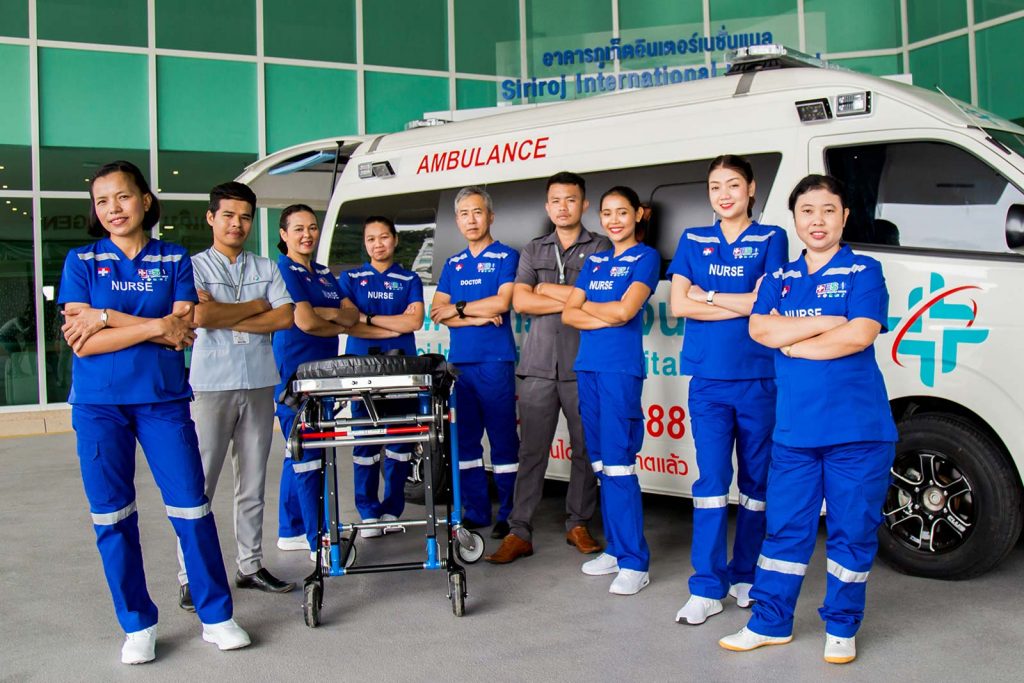A visit to Bangkok Hospital Siriroj Emergency Center can induce an incredible amount of anxiety. Take comfort in the fact that you are in good hands and follow these tips to get the most out of your time there.
1. Don’t be afraid to ask lots of questions. Many patients feel silly or embarrassed asking lots of questions. Don’t! The most important thing is that you and your doctor are on the same page and that you fully understand what has happened and what you need to do next. ER doctors are used to lots of questions and expect you to ask them.
2. Be sure to mention all of your symptoms in as much detail as possible. Be as honest and thorough as possible when describing your symptoms. That twinge in your neck that you think is probably nothing could be a sign of a complication. Your doctor will not know what you are experiencing unless you tell them. The more informed they are, they better they can effectively treat your condition.

3. Be honest about the level of pain or discomfort you are feeling. This is one time when it does not pay to try and be tough. If you are in any sort of pain, it is critical to tell your doctor what you are experiencing.
4. Try to remember to be realistic. These are doctors, not wizards, and although they will do their best to help you, many elements of a visit to the ER simply take time. You will almost certainly need to wait for specialists or certain types of screenings. Take a deep breath and try to be patient.
5. Notify your primary care physician of what has happened. If you have a primary care doctor that you have used for a long time, particularly in another country, take a minute to send them an email and notify them of your situation.
6. Come prepared with a list of any allergies you may have to medications and any prescriptions you are currently using. ER doctors are guaranteed to ask about this, so if you are not sure, use your time in the waiting room to double-check.
7. Use the waiting time to handle logistics. It may be hard to think of much else when you are in the ER, but you can save yourself a lot of trouble later by sorting out little details like who will pick you up and how you will get meals for the next couple days if you need to stay in bed. Use downtime to be productive and make a few essential phone calls.
8. Make sure you get detailed instructions for what to do after you are discharged. What you do after your visit is almost as important as what happens during. Make sure you get clear instructions and that you know how to follow them.

